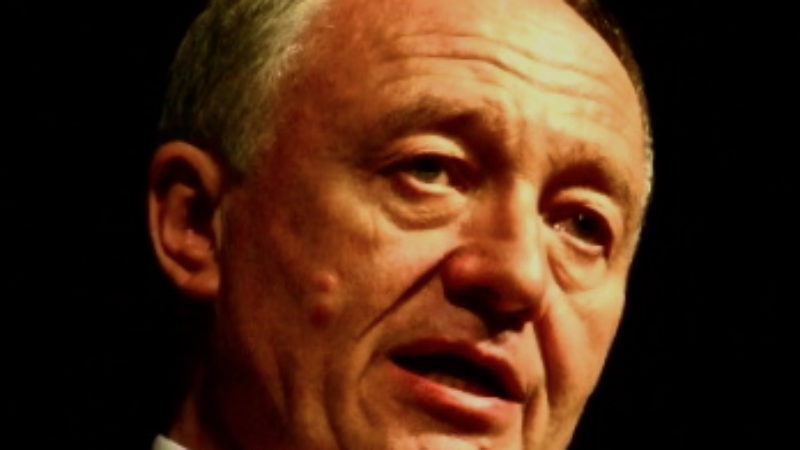
When Ed Miliband announced that a future Labour government would freeze energy prices for 20 months until the market could be reformed, the big six energy bosses reverted to type; complaining that any political interference would bring about power cuts and a lack of investment.
Misjudging the public and political mood entirely, their threats and price hikes have met with fierce resistance. Ed refused to be intimidated and, just as he stood up to the Murdoch empire after the news broke that the murdered teenager, Milly Dowler, had her mobile phone hacked into, he has stood up to the energy monopolists.
We are in new times. The Labour party is not going to make the same mistakes of the past: cowering before the predators, the spivs and big business.
We’ve seen last week corporate power in action when Jim Ratcliffe, the majority shareholder of the essential petrochemical plant at Grangemouth, threatened to shut it down and lock out its entire work force. It was chilling how Scotland’s economy, its people and the businesses that relied on the plant could be held to ransom by one person and his allies in the media.
Unite pulled the company back from the brink, but vigilance will be required to fend off the predators who exercise power in the interests of the elite against the workforce. Being outside public control, Grangemouth is a warning that this naked power is not, and will not, be used for the national good.
Of course the Tories want to make capital out of some sign of economic growth, but their claim that this means we have an economic recovery is a sick joke. Wages stagnating and prices rising does not amount to an economic recovery. Today, the Centre for Labour and Social Studies has published a new poll with YouGov showing that 4 in 5 Britons do not feel they have personally benefitted from the recovery. Until we can all feel it then it’s not an economic recovery at all.
The Coalition government’s austerity programme wasted three years where we could have been on track for economic growth, instead of being marooned on the shifting sands of an unsustainable recovery.
The cost of living is the battleground for the 2015 general election; and it is one, with policies such as the energy price freeze, that Labour can and should win.
Women have been badly hit by the government’s austerity programme. Labour’s pledge to extend hours so that a school stays open from 8 a.m. till 6 p.m. will go some way to helping women get into work without the worry of the high cost of childcare.
Other policies that would help with the cost of living would be to look at the cost of transport. In London a single bus fare by Oyster is up by more than 50%. Outside London the profitable publicly owned East Coast Line is once again up for auction by the Coalition government. Labour should reverse this.
I still think that as each rail franchise come up we should take back the railways into public ownership. It wouldn’t cost anything. It is utterly bizarre that we can’t re-nationalise essential services that are owned by foreign countries. And the public are ahead of the politicians. Class’s polling shows that there is strong support for public ownership for the NHS, Royal Mail, rail and energy companies. Only 7% said they wanted the NHS to be run by private companies compared to 84%, 12 times as many, who said it wanted it to be run in the public sector.
All of these issues will be up for debate at Class’s first national conference this Saturday at Congress House. It looks set to be the biggest gathering of progressives in the run to the General Elections.
After the banking crash, the mantra that ‘private is good public is bad’ is still being parroted yet it is so discredited. This conference will discuss the case for a public sector.




More from LabourList
Almost half of Labour members oppose plans to restrict jury trials, poll finds
‘How Labour can finally fix Britain’s 5G problem’
‘The University of the Air – celebrating 60 years of Harold Wilson and Jennie Lee’s vision’